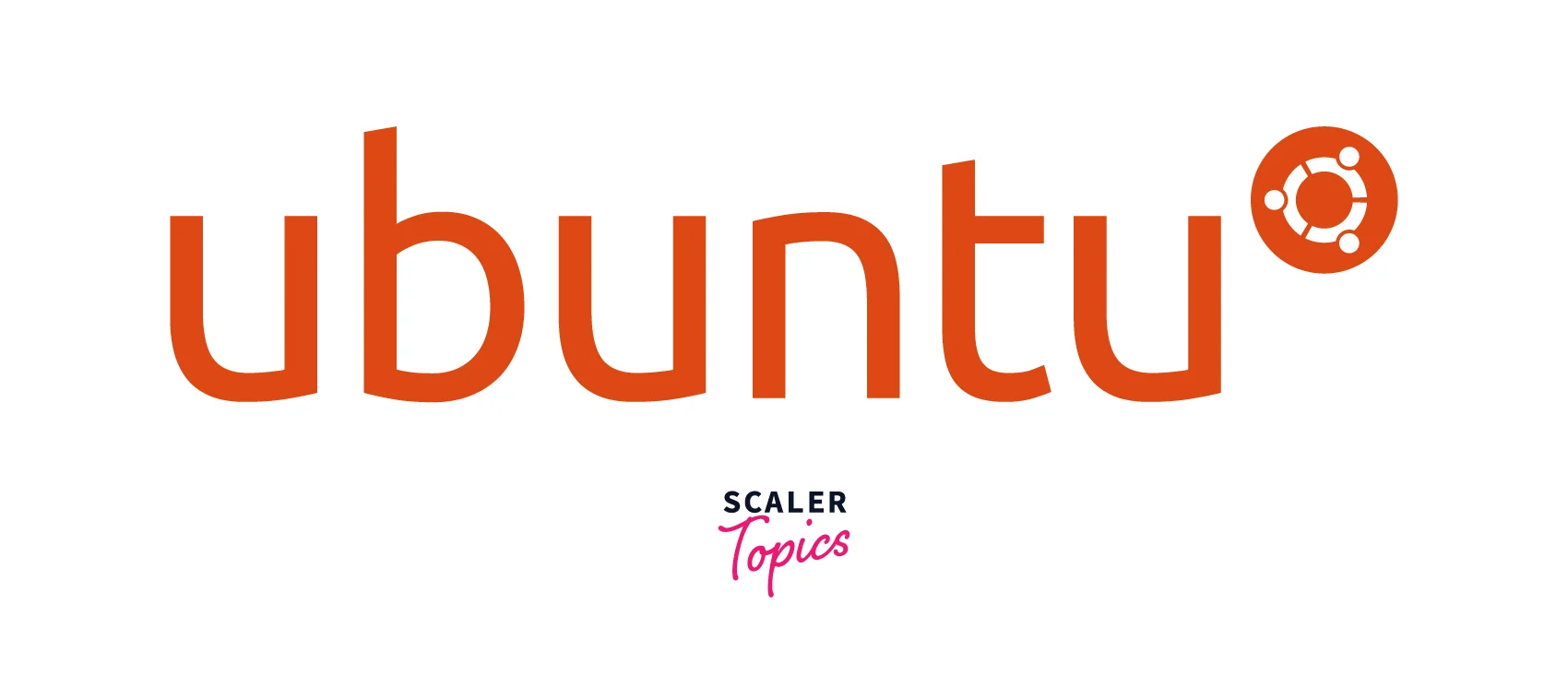What is the Difference between Ubuntu and Kali Linux?
Despite being distinct, Ubuntu and Kali Linux are frequently mistaken for being the same. But if you're just learning about both Linux variants, this article will outline the key distinctions between Kali Linux vs Ubuntu.
Ubuntu is an open-source, free distribution of Linux that can be used to run virtual machines or on physical computers whereas Kali Linux is a Debian-based Linux distribution made specifically for penetration testing and digital forensics. It is supported and upheld by information security training provider Offensive Security.
Features of Ubuntu

1. User-Friendly Interface
Ubuntu offers a sleek and intuitive user interface, making it accessible to both novice and experienced users. The default desktop environment, called GNOME, provides a clean and organized layout, allowing users to navigate seamlessly and locate applications with ease. The interface can also be customized to suit personal preferences, offering a personalized and comfortable user experience.
2. Security and Stability
The focus Ubuntu places on stability and security is one of its distinguishing qualities. The operating system takes advantage of Linux's strong security framework and frequently provides updates and patches to fix flaws and improve system stability. For customers worried about data security and privacy, Ubuntu's robust security features, including a built-in firewall, encryption choices, and sandboxed programs, are dependable solutions.
3. Lightweight Performance
Ubuntu is known for its low resource requirements and excellent performance on low-end devices. The default interface of Ubuntu can smoothly run on systems with less than 1 GB of RAM. Additionally, many Ubuntu desktop environments are even more lightweight. For instance, Lubuntu can operate efficiently on machines with as little as 512 MB of RAM.
In contrast, both Windows and macOS demand significantly more system resources. Both macOS Big Sur and Windows 11 necessitate a minimum of 4 GB of RAM to function properly. This is due to the resource-intensive user interfaces (UIs) of these operating systems, which incorporate advanced features.
4. Community and Support
Ubuntu has a robust user and developer community that actively participates in its development and offers assistance. Users can always find support and direction online because of the abundance of resources provided by the Ubuntu community, including forums, documentation, and other online tools. This dynamic ecosystem encourages cooperation and equips people to maximize Ubuntu's capabilities.
Features of Kali Linux

1. Extensive Collection of Penetration Testing Tools
One of the key reasons for Kali Linux's popularity is its vast array of pre-installed penetration testing tools. It includes over 600 tools, ranging from network scanners, vulnerability assessment utilities, password crackers, forensic analysis applications, wireless attack tools, and much more. These tools, such as Nmap, Wireshark, Metasploit Framework, John the Ripper, and Aircrack-ng, enable security professionals to conduct comprehensive security assessments and identify vulnerabilities effectively.
2. Support for Multiple Platforms
Kali Linux supports a wide range of hardware platforms, including x86, ARM, and ARM64 architectures. This flexibility enables users to run Kali Linux on various devices, from traditional desktop computers and laptops to Raspberry Pi devices, smartphones, and even cloud environments. This adaptability ensures that security professionals can utilize Kali Linux in diverse scenarios and environments.
3. Live Boot Capability
Kali Linux offers a "Live" mode that allows users to boot the operating system directly from a USB drive or DVD without installing it on their machine. This feature is particularly useful for security audits, forensics, or instances where the user wants to maintain the integrity of their host operating system. With the Live mode, users can leverage Kali Linux's tools and features without affecting their existing setup.
4. Customizability and Flexibility
Kali Linux provides users with immense customization options, allowing them to tailor the operating system to their specific needs. It is built on the Debian platform, which offers excellent stability and a vast software repository. Users can easily install additional tools and packages from the Debian repositories, expanding Kali Linux's functionality beyond its pre-installed tools.
Similarities between Ubuntu and Kali Linux
Ubuntu and Kali Linux, both popular Linux distributions, share several similarities despite their different focuses and target audiences. Here are some key similarities between kali linux vs ubuntu:
1. Debian-Based
Both Ubuntu and Kali Linux are based on Debian, one of the oldest and most widely used Linux distributions. This common foundation provides stability, reliability, and access to the vast Debian software repositories, allowing users to easily install and update packages.
2. Open Source
Both distributions are open-source projects, meaning that their source code is freely available for anyone to view, modify, and distribute. This fosters a strong community-driven development model and encourages collaboration and innovation.
3. Customizability
Ubuntu and Kali Linux allow users to customize their systems according to their preferences. Users can modify the desktop environment, install additional software packages, and personalize various aspects of the system.
4. User-Friendly Interfaces
While Kali Linux is primarily designed for security professionals and penetration testers, both distributions offer user-friendly interfaces. Ubuntu, in particular, emphasizes ease of use and provides a polished, intuitive desktop environment (such as GNOME) suitable for beginners and regular users.
Differences between Ubuntu and Kali Linux
Kali Linux vs Ubuntu in tabular form:
| Ubuntu | Kali Linux | |
|---|---|---|
| Customizability | Customizable desktop environment | Customizable for security tasks |
| Default Software | General-purpose applications | Security-focused software |
| Release Cycle | Regular and LTS releases | Rolling release |
| Pre-installed Tools | Essential software | Over 600 security tools and utilities |
| Documentation and Support | Extensive community and official support | Security-focused documentation and support |
| Purpose | Versatile daily use | Security testing and penetration testing |
| Desktop Environment | Various options available | Primarily GNOME |
| Target Audience | General-purpose users | Security professionals, hackers |
Conclusion
-
In summary, the main distinctions between Kali Linux vs Ubuntu are found in the software repositories, target markets, and goals of each operating system.
-
Ubuntu offers a stable and user-friendly environment for routine computer operations, catering to a larger user base.
-
Kali Linux, on the other hand, is designed especially for security experts. It comes with a full set of security tools already installed and focuses on cybersecurity evaluations, network testing, and digital forensics.
-
Depending on your particular requirements and level of knowledge, you should decide between Kali Linux vs Ubuntu. Kali Linux is a potent weapon for experts in the realm of cybersecurity, while Ubuntu is a great option for individuals looking for dependable and user-friendly Linux distribution.
